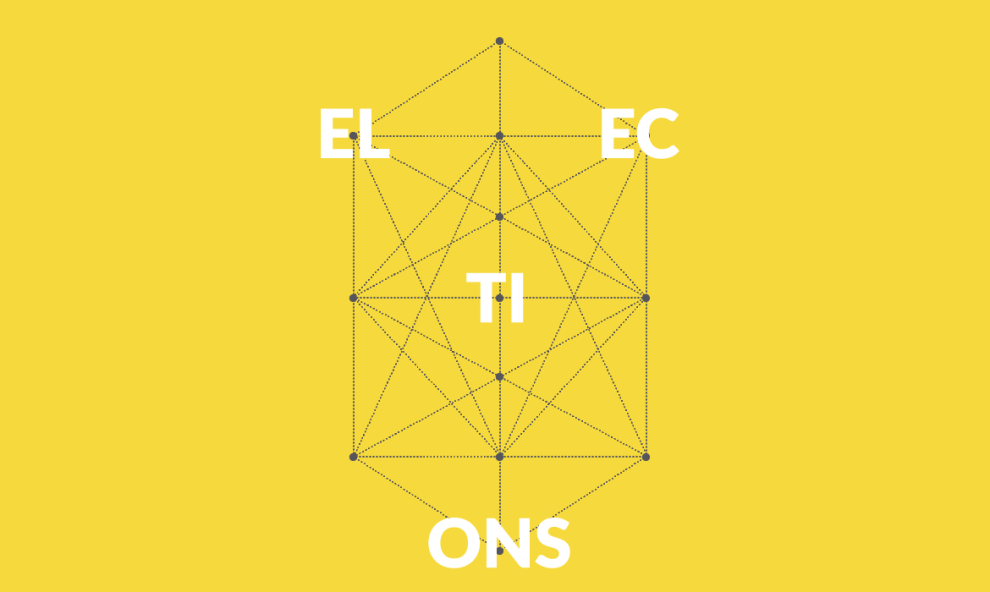With a mere look at recent electoral results in Mexico, anyone would think that the PRI –or a former priista- is mounted atop a prize horse. The big question is where it is going. This is not a trifling question; the PRI boasts the best political operators in the country, but the record of their performance leaves much to be desired. A party and a culture created to maintain control in the hands of an elitist minority, the PRI distinguished itself by stabilizing the country and creating a foundation of order and economic growth that lasted nearly forty years. However, in the mid-seventies, PRIist governments mislaid their compass and were never able to retrieve it. The crises experienced by the country since then, including lack of vision for spearheading a robust political transition, are due entirely to the PRI. Now, two years away from the presidential election, they would do well to consider why they want to return.
The recent elections suggest that, come 2012, a priista will govern the country, but not necessarily one nominated by PRI. Some priistas, those Pharaonic in style, seem to concerned about returning to the presidency to care about content; the former priistas that are in the ascent in the hierarchies of other parties and their alliances are more flexible and used to competing for power, but are equally aloof about the challenges the country is facing in the globalized world.
Whatever its stripes, the priistas are condescending because, at last, they begin to see that the famed wheel of fortune has begun to smile upon them. Less obvious is whether they are prepared to make a difference: what is happening to them is akin to that noted by French littérateur Louis Ferdinand Céline, who affirmed that “everyone’s guilty except me.” The problem of the PRI culture is not that its members are emboldened by the fact that the evolution of things is beneficial to them, but rather, that they have chosen to be unconversant with their own reality and history. The truth is that both of the two PAN administrations have made their work very, perhaps too easy.
In lieu of confronting the grounds for their defeat in 2000, the priistas have been engaged in the dead man’s float, confident that the tide, sooner or later, will begin to turn, as recent electoral trends suggest. The conundrum lies in that this modus operandi will not aid them in the case of their return to power or, to a much lesser degree, to govern effectively. No one doubts the considerable political abilities of many priistas, but the world, and above all, development itself, is not hewn only from dealing with issues on a daily basis, but also from long-term strategies, and the PRI culture has changed nothing in this respect: it continues dwelling and presenting the issues and ideas in which it failed in the seventies, but now, with much greater intensity.
In their recent legislative work, the priistas –whether in PRI, PRD or PAN- excelled in their insistence on solutions that in the past ushered us to paralysis. For example, while the world moves toward the promotion of the so-called startups, technological enterprises capable of creating wealth and development by means unknown under the old industrial paradigm, the priista cohorts concentrate on the promotion of a “social and economic council”, an elephantine entity in which the old unions, businesses, and government would come together to preserve the old economy, that which has no possibility of generating future wealth. Their proposals for regulatory framework modifications, beginning with competition, are reduced to creating a new space of control, now over big business. The control paradigm is as alive as it was during the Cárdenas era, when the world found itself poised at the edge of the Second World War.
The problem of the priistas is not, as Talleyrand said à propos of the French nobility after the Revolution that “it has learned nothing nor forgotten nothing,” but rather, that they have not prepared themselves for the type of country to which they would return. The time they have spent in the opposition has emboldened them, but has not prepared them for the country that Mexico has become. Their performance in the legislature and at the state level reveals them to be cloistered within their same formats, ideas, and solutions; practically no one accepts the fact that the PRI culture lost because the population was fed up with their fiascos, waste, abuse, and improvidence, but above all, with the stagnation that the country has experienced for nearly five decades. The notion that everything can be fixed and resolved by repeating what has failed time after time is risible, at the very least.
The PRI’s defeat in 2000 –and now in its old strongholds of Oaxaca and Puebla- changed the country in at least one fundamental regard: it made possible the transition of Mexicans from subjects to citizens. This is easily said, but the end of priista controls transformed the country in a much more profound fashion than what would appear at first glance. A future government commandeered by a priista would surely attempt to reestablish the control network and to recentralize power one more time, but, unless it hires Mr. Pinochet as its operator, it will not be easy. The change has been thoroughgoing and real. The PAN governments may have been limited and incompetent, but they were contending with a very different animal: with a liberated citizenry and a framework devoid of functional institutions. The former is due to the population; the absence of the latter is unqualifiedly the fault of the PRI.
With trifling moments of exception, if something has indeed characterized the PRI and its culture, as government and as opposition, from the time that the country entered into a series of interminable crises dating from the fall of corn exports in 1965, it is its extraordinary constancy: it has always been fixedly oriented toward the past. The temporary exception comprised the Salinas government, which forced the country to look outwards and forward, but the contradictions between his development strategy and his family interests engendered the undercurrent that regenerated the old PRI. On intending to persevere down the same path, a potential 2012 PRI-like government would precipitately find itself face to face with the cruel reality: it is no longer possible to control everything, and solutions are not to be found in the past. Mexico urgently needs a development strategy that is consistent with our geopolitical reality, with the change in worldwide productive structures, and with the Mexican people’s needs and aspirations.
What the PRI culture and skills does bring to the table is an exceptional capacity for political operation. If the party wants their members to reinitiate an era of priista governments, it would behoove them to direct these aptitudes toward a future project, because that of the past has passed on.






Comments